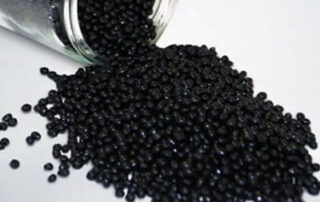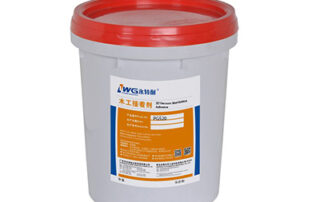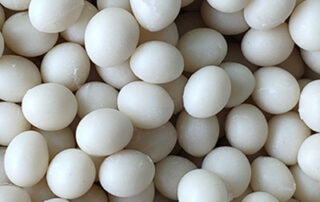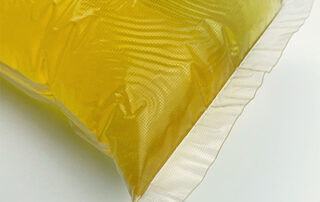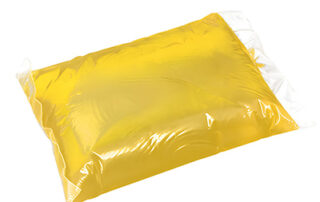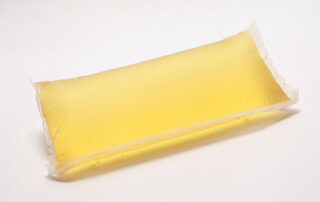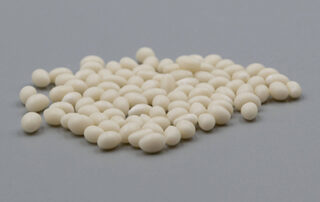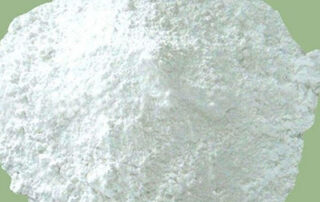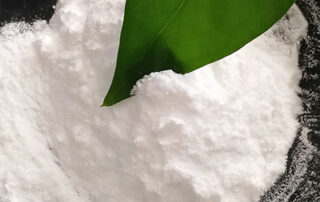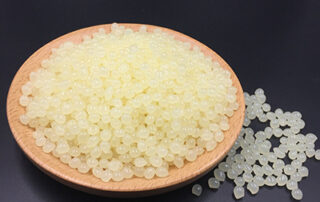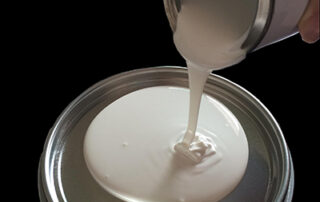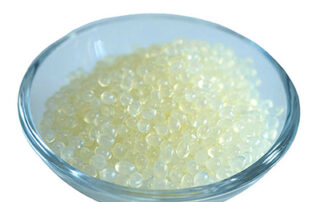What is the difference between clear and black hot glue sticks?
The main difference between clear and black hot glue sticks lies in their appearance and some specific use cases: Appearance: Clear hot glue sticks are transparent or translucent in appearance. When applied, they blend well with lighter-colored surfaces or materials where a seamless finish is desired. Black hot glue sticks, on the other
Which company is best for adhesive?
Determining the "best" adhesive company can depend on various factors such as the specific type of adhesive you need, your application requirements, geographical location, and budget. Some of the globally recognized leaders in the adhesive industry include: Henkel AG & Co.: Known for their strong brands like Loctite, Teroson, and Pritt, Henkel offers
What Does Hot Melt Glue Not Stick To?
Hot melt glue, a thermoplastic adhesive, is renowned for its strong bond and quick setting time, making it a favorite in industries ranging from packaging to DIY crafts. Despite its versatility, there are materials to which hot melt glue does not adhere well, and understanding these can help in selecting the right adhesive
What material is PSA?
Pressure-sensitive adhesives (PSAs) are typically made from a variety of synthetic polymers and tackifying resins. The specific formulation of a PSA can vary based on its intended application and desired properties. However, some common materials used in the production of PSAs include: Acrylic Polymers: Acrylic polymers are commonly used in the production of
What are the advantages and disadvantages of pressure sensitive adhesives
Pressure-sensitive adhesives (PSAs) offer several advantages and disadvantages, depending on the specific application and requirements. Here's a breakdown of the pros and cons: Advantages of pressure sensitive adhesive Ease of Application: PSAs are easy to apply—simply press the adhesive-coated surface onto the substrate to create a bond. No additional curing time, heat, or
What is the difference between pressure sensitive and contact adhesive?
Pressure-sensitive adhesives (PSAs) and contact adhesives are two distinct types of adhesives with different properties and applications. Here are the key differences between them: 1. Activation Method: Pressure-Sensitive Adhesives (PSAs): Activation: PSAs are tacky at room temperature and form a bond when pressure is applied. No heat or solvent activation is required. Application:
Is hot melt glue reversible?
Hot melt glue is generally considered irreversible. Once it cools and solidifies, it forms a strong and durable bond. Unlike some other adhesives, such as those based on PVA (polyvinyl acetate) that may be softened or dissolved with water, hot melt glue does not readily reverse its bonding properties with changes in temperature
What are the properties of UF resin?
Urea-Formaldehyde (UF) resin is a thermosetting adhesive widely used in the production of wood-based composite materials such as particleboard, medium-density fiberboard (MDF), and plywood. UF resin has specific properties that make it suitable for various applications. Here are some key properties of UF resin: Adhesive Nature: UF resin is a thermosetting adhesive, meaning
What is the difference between PF resin and UF resin?
PF resin (Phenol-Formaldehyde resin) and UF resin (Urea-Formaldehyde resin) are both types of thermosetting resins commonly used as adhesives in the manufacturing of wood-based composite materials. While they share similarities, there are distinct differences between PF and UF resins: Composition: PF Resin: Phenol-Formaldehyde resin is made by reacting phenol with formaldehyde in the
What is hot melt resin?
"Hot melt resin" typically refers to a type of adhesive that is in a solid state at room temperature but becomes molten when heated. These adhesives are commonly known as hot melt adhesives (HMAs) or hot glue. They are widely used for bonding various materials in industries such as packaging, woodworking, product assembly,
What is the main material in glue?
The main material in glue can vary depending on the type of glue, as different adhesives are formulated using various base materials. Here are some common types of glue and their main materials: Polyvinyl Acetate (PVA) Glue: Main Material: PVA glue is based on polyvinyl acetate, a synthetic polymer. It is a water-based
What are the most common hot melt adhesives?
Hot melt adhesives (HMAs) are versatile and widely used in various industries for bonding a range of materials. The most common types of hot melt adhesives include: Ethylene Vinyl Acetate (EVA): Properties: EVA-based hot melts are versatile and have a broad range of applications. They offer good adhesion to a variety of substrates


